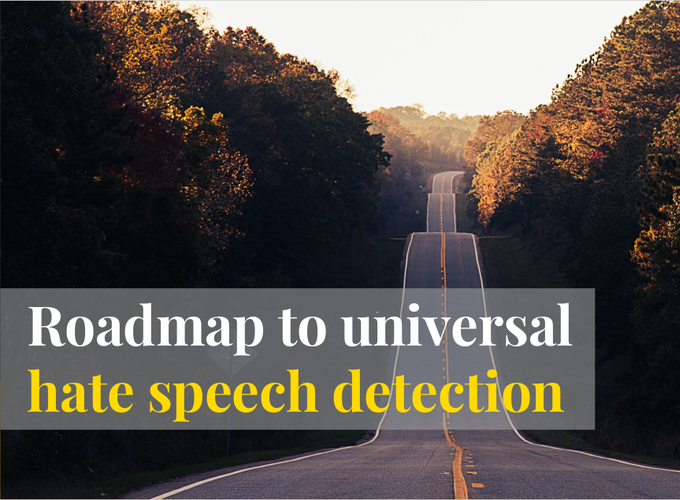Roadmap to universal hate speech detection

Roadmap to universal hate speech detection
Date
Oct 4, 2022
2:39 PM
— 2:39 PM
Event
Invited Talk
An increasing propagation of hate speech has been detected on social media platforms (e.g., Twitter) where (pseudo-)anonymity enables people to target others without being recognized or easily traced. While this societal issue has attracted many studies in the NLP community, it comes with three important challenges. Hate speech detection models should be fair, work on every language, and consider the whole context (e.g., imagery). Solving these challenges will revolutionize the field of hate speech detection and help on creating a “universal” model. In this talk, I will present my contributions in this area along with my takes for future directions.